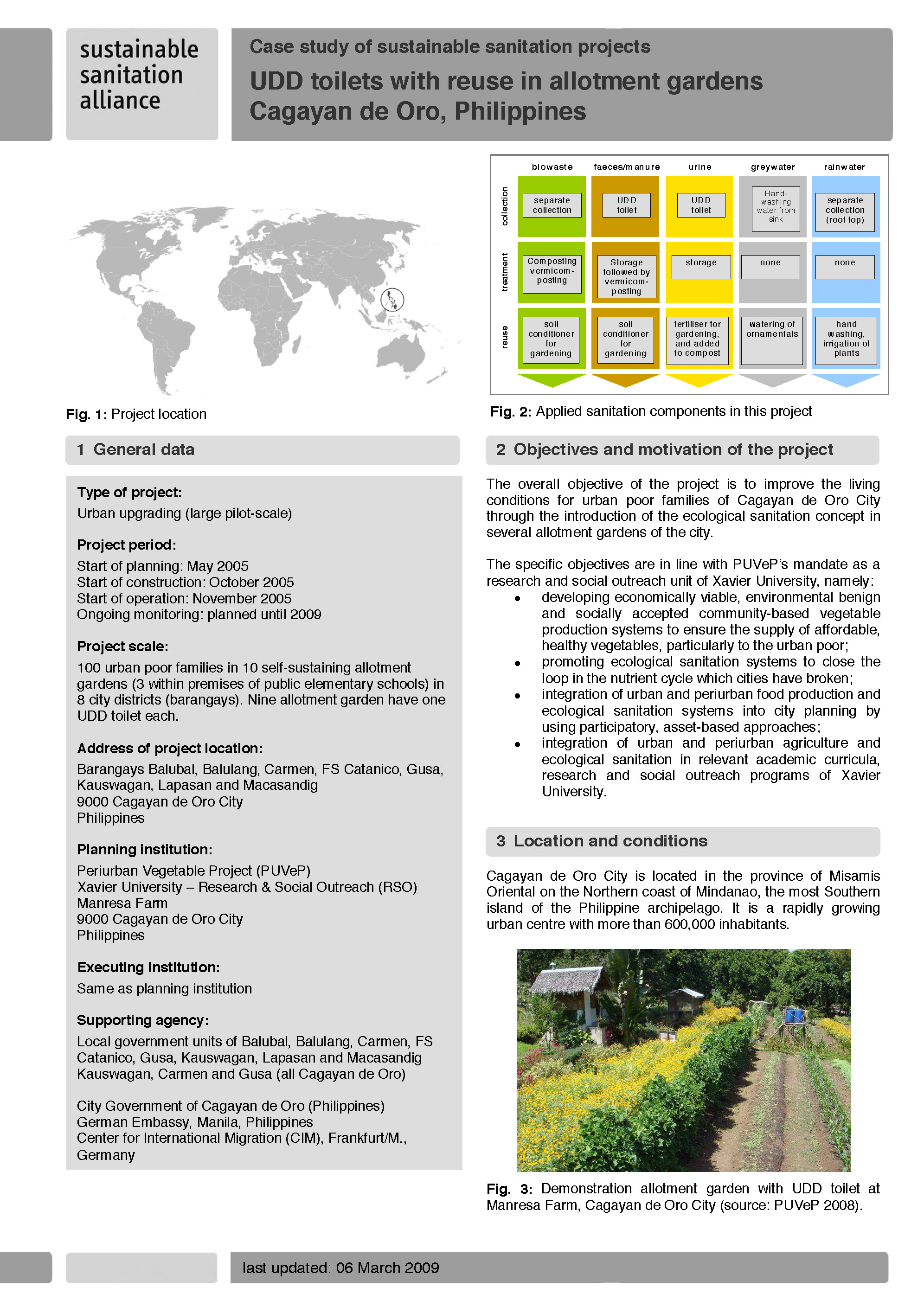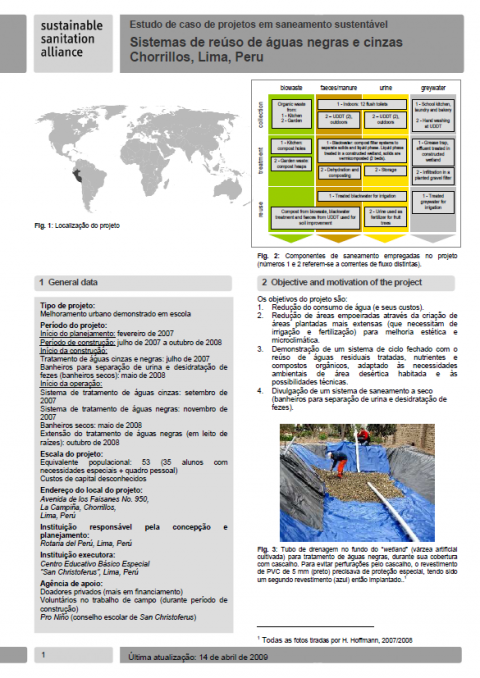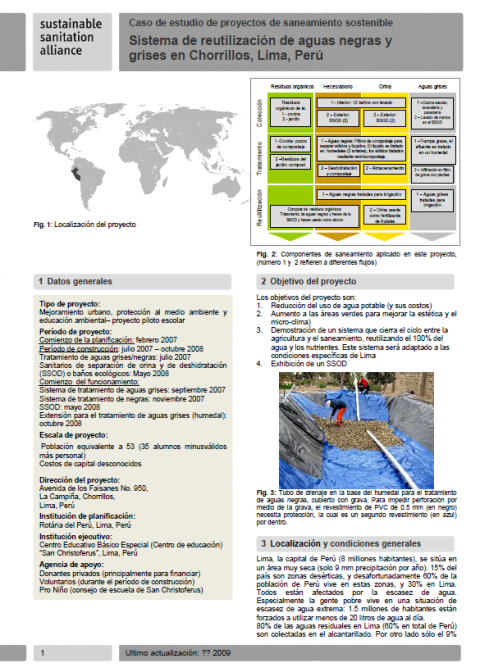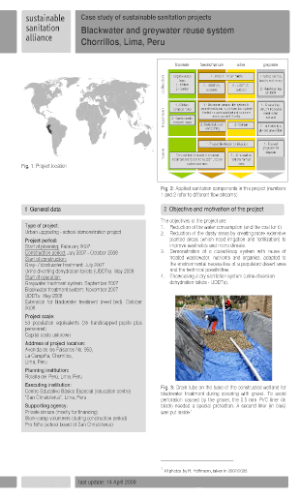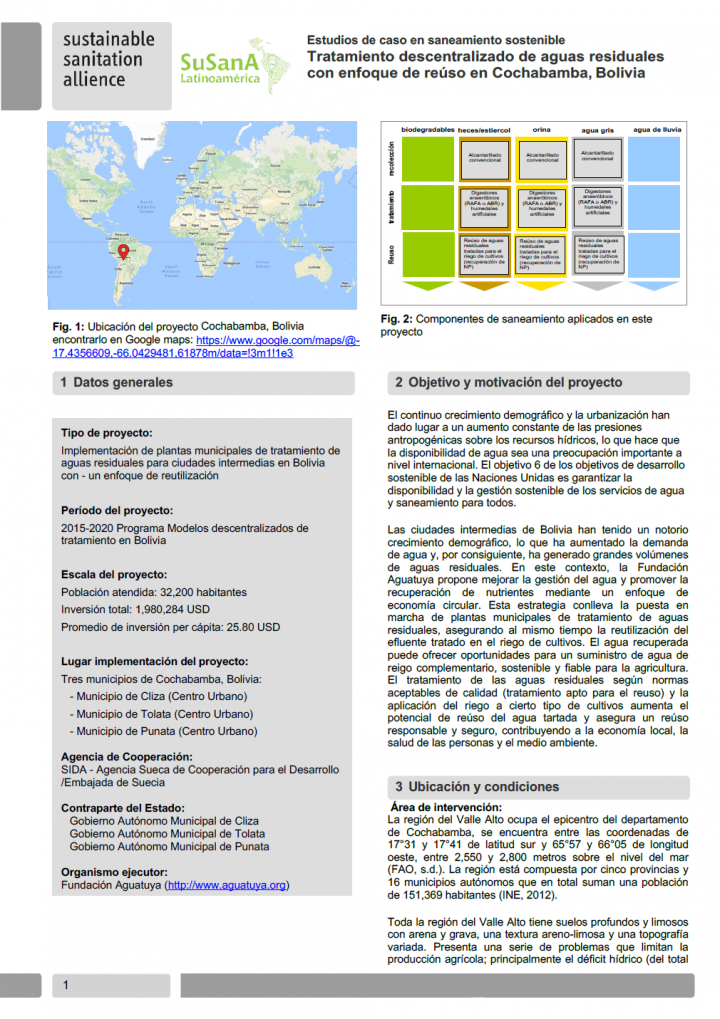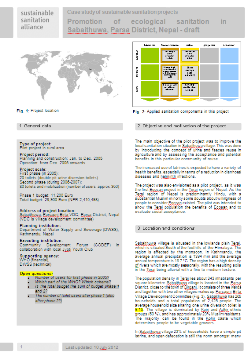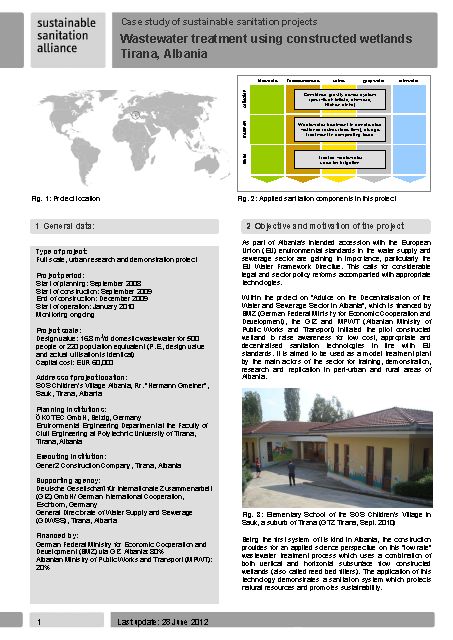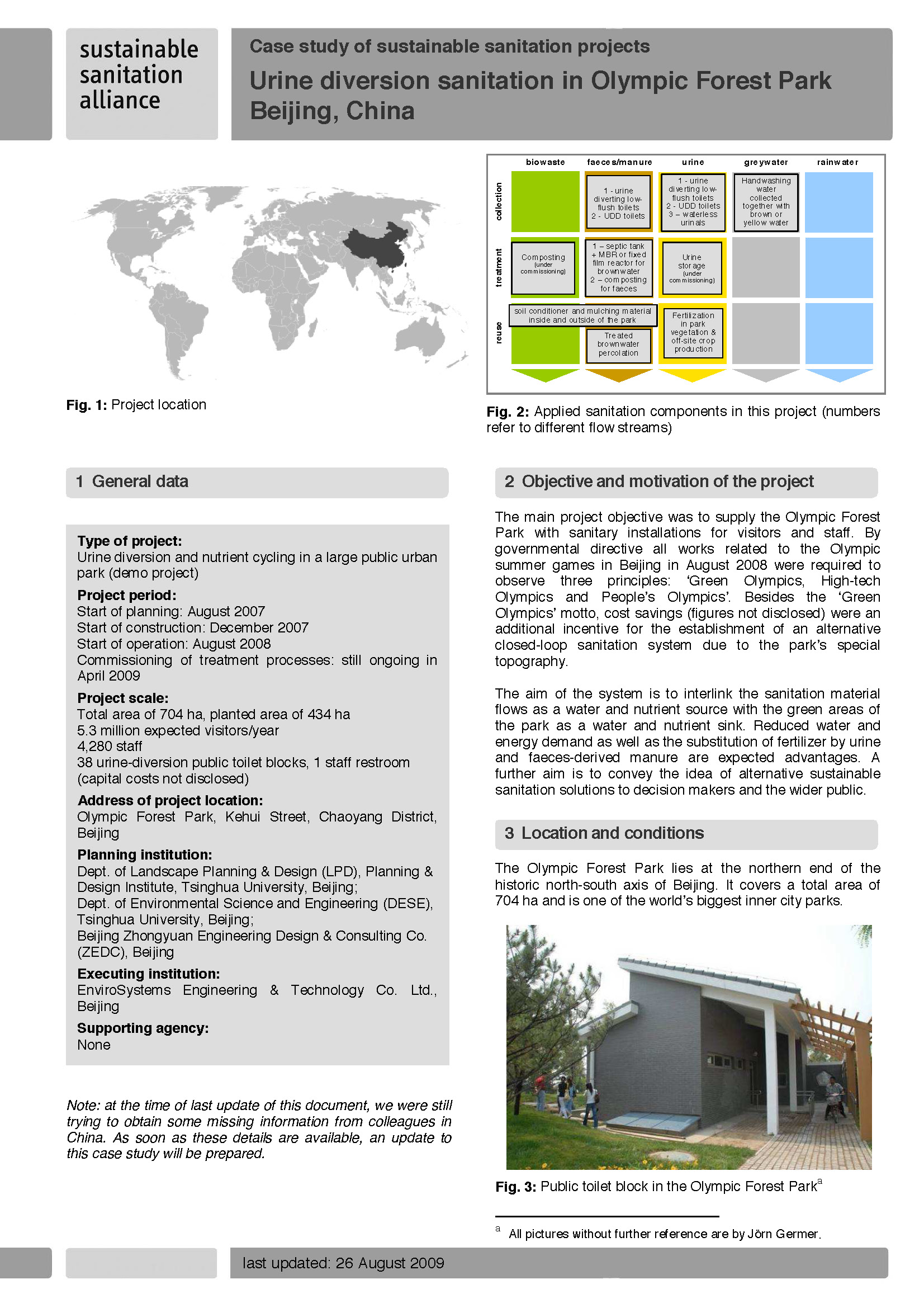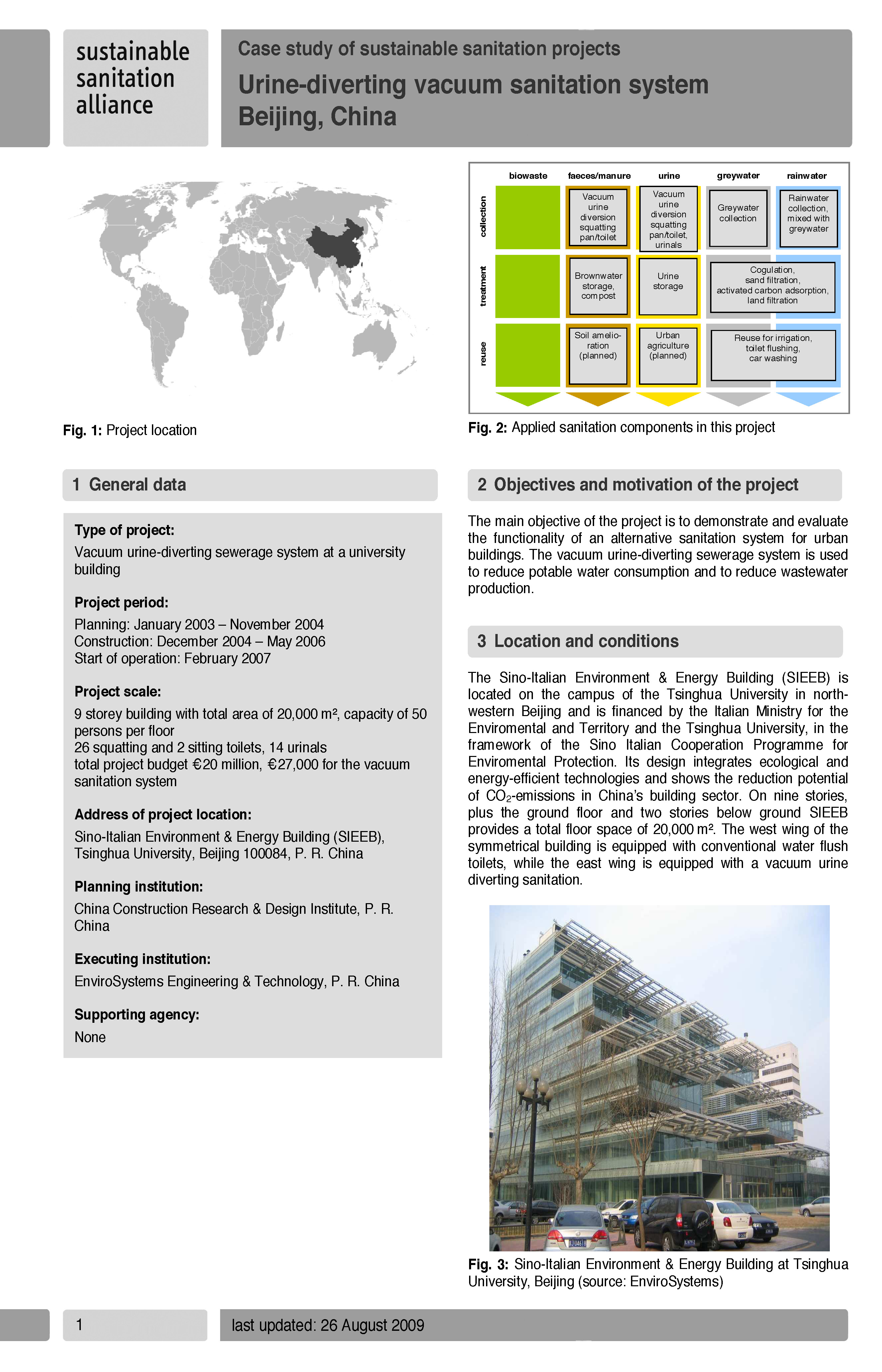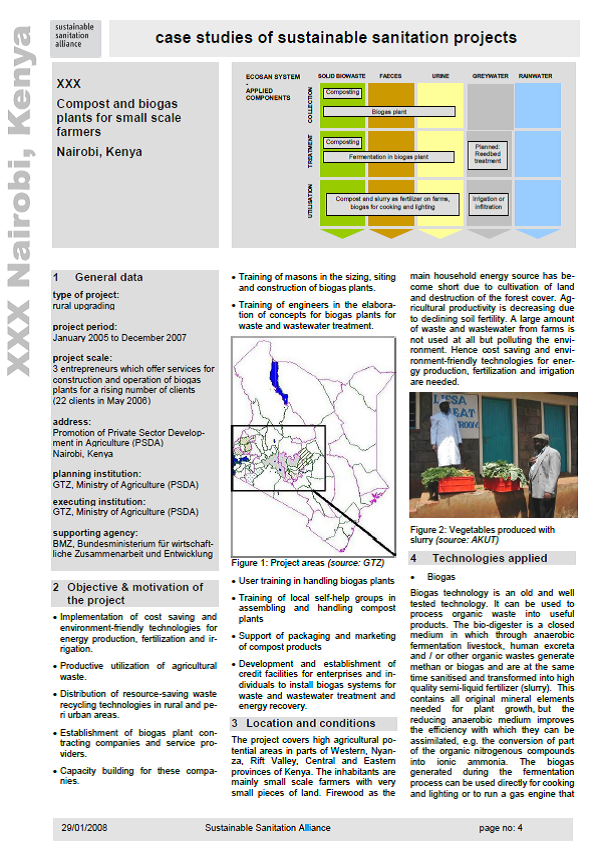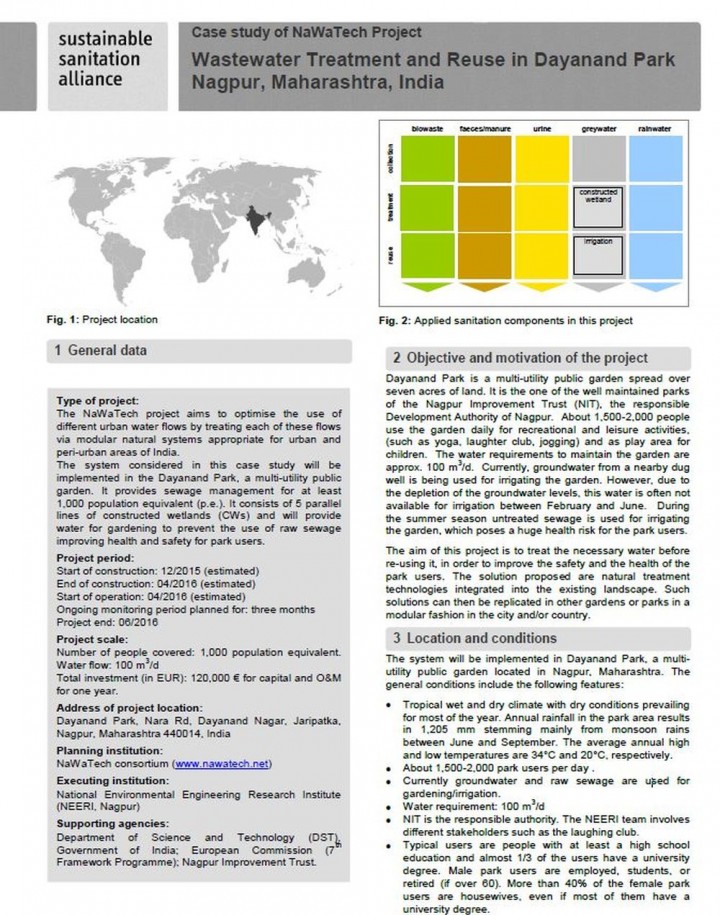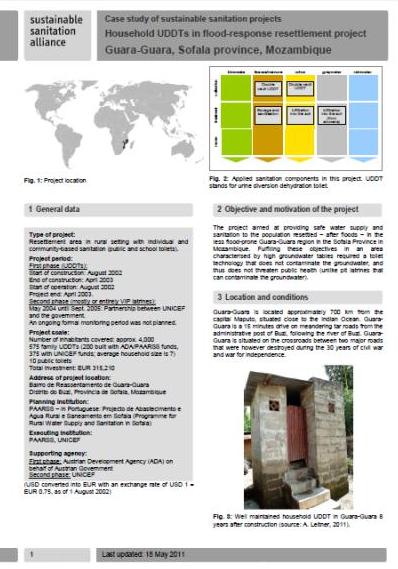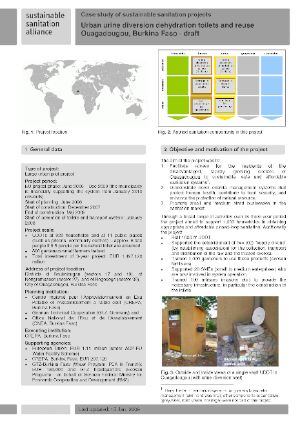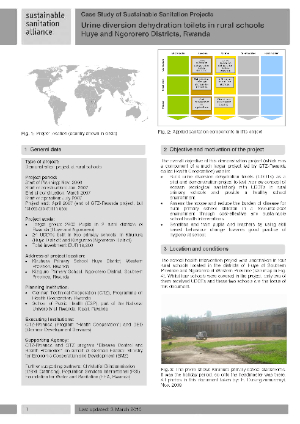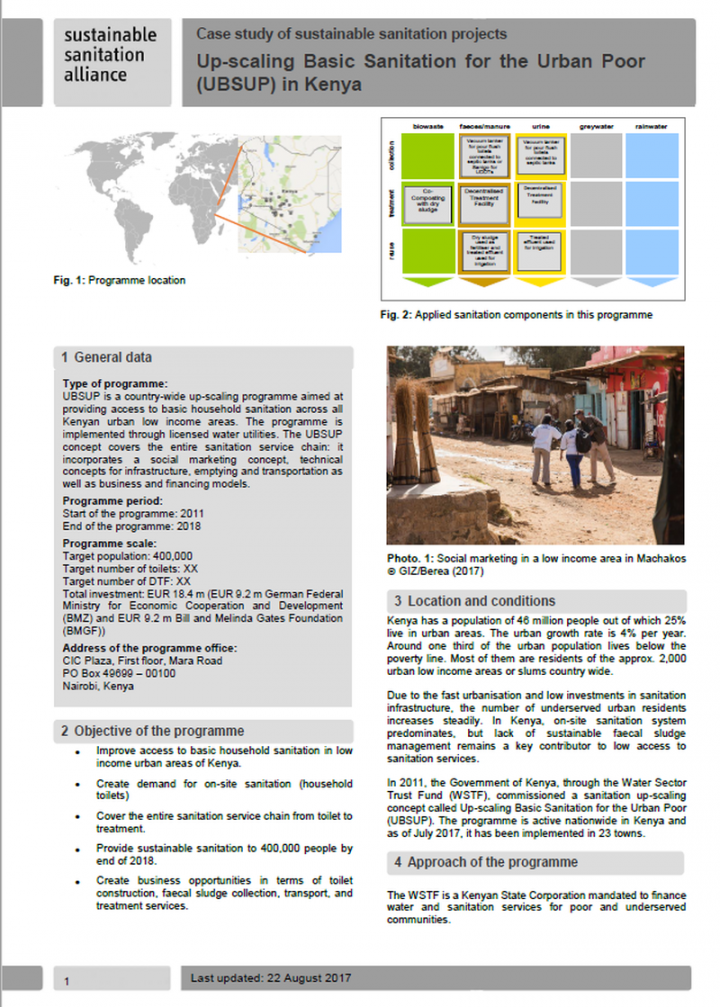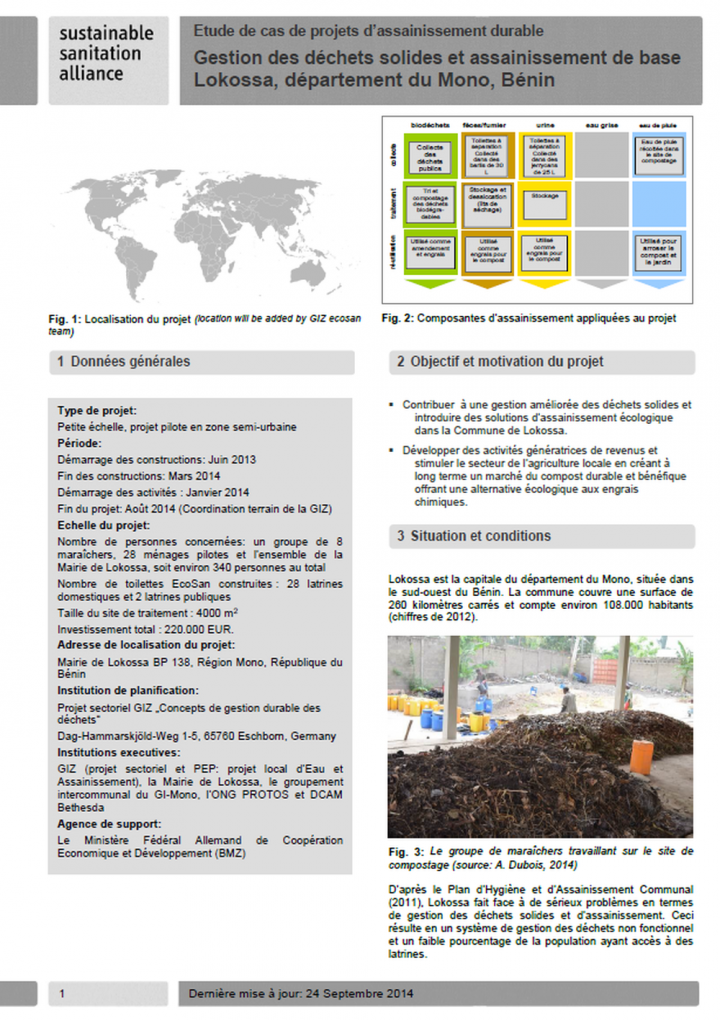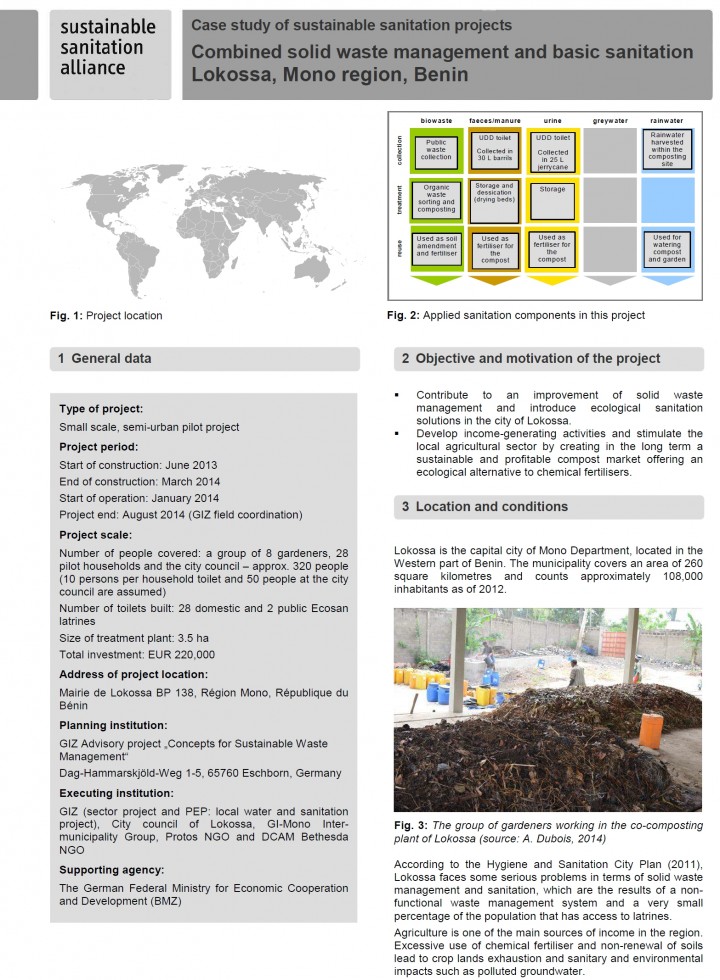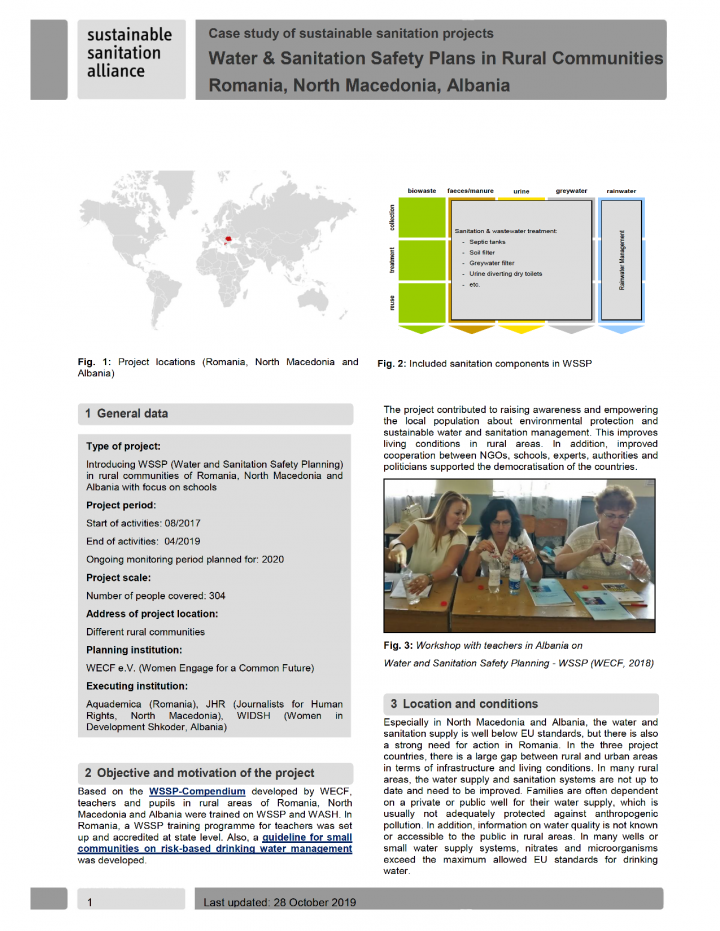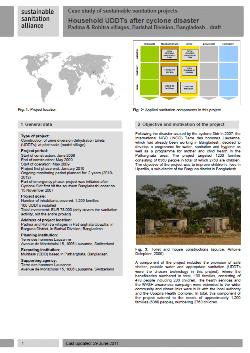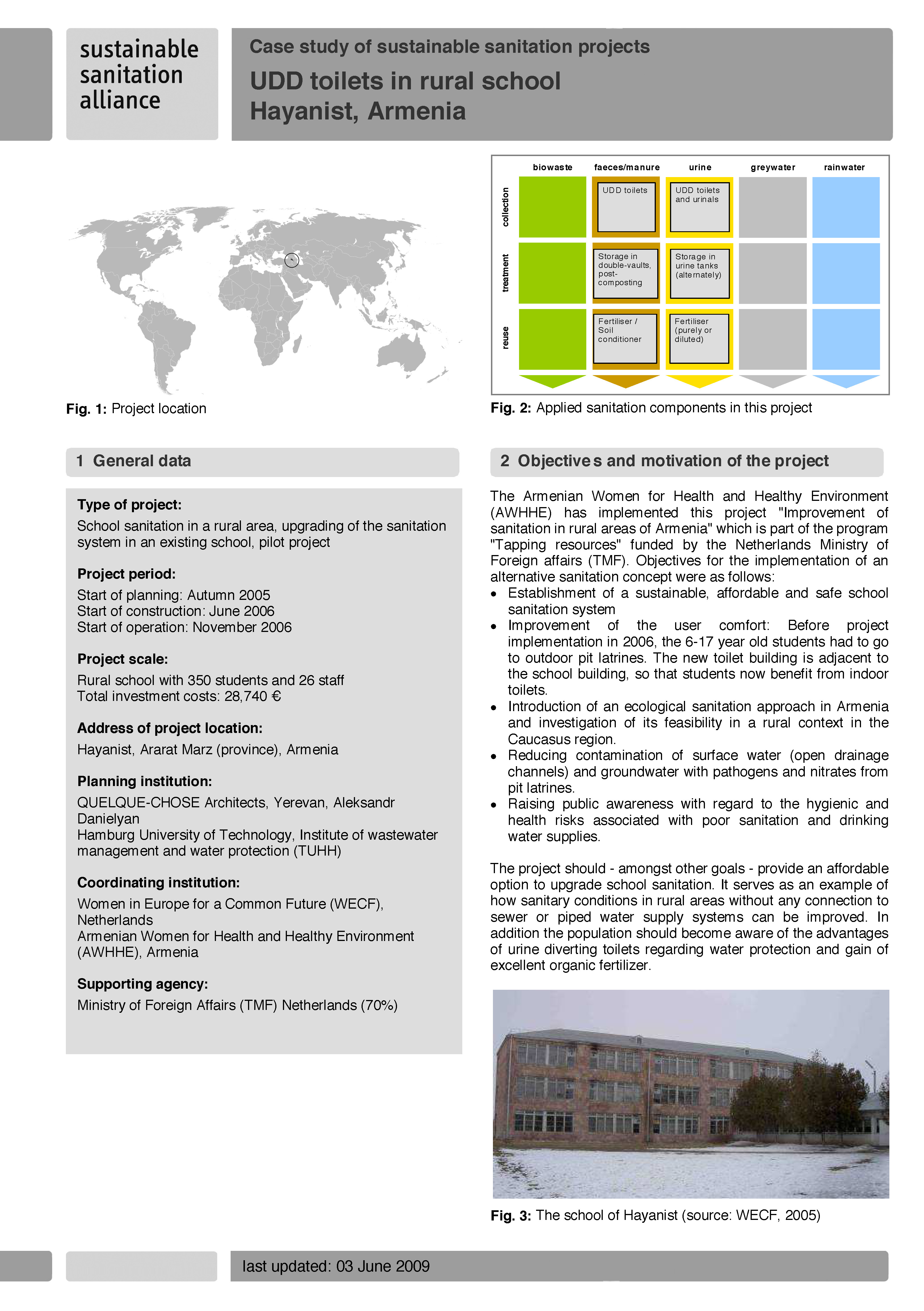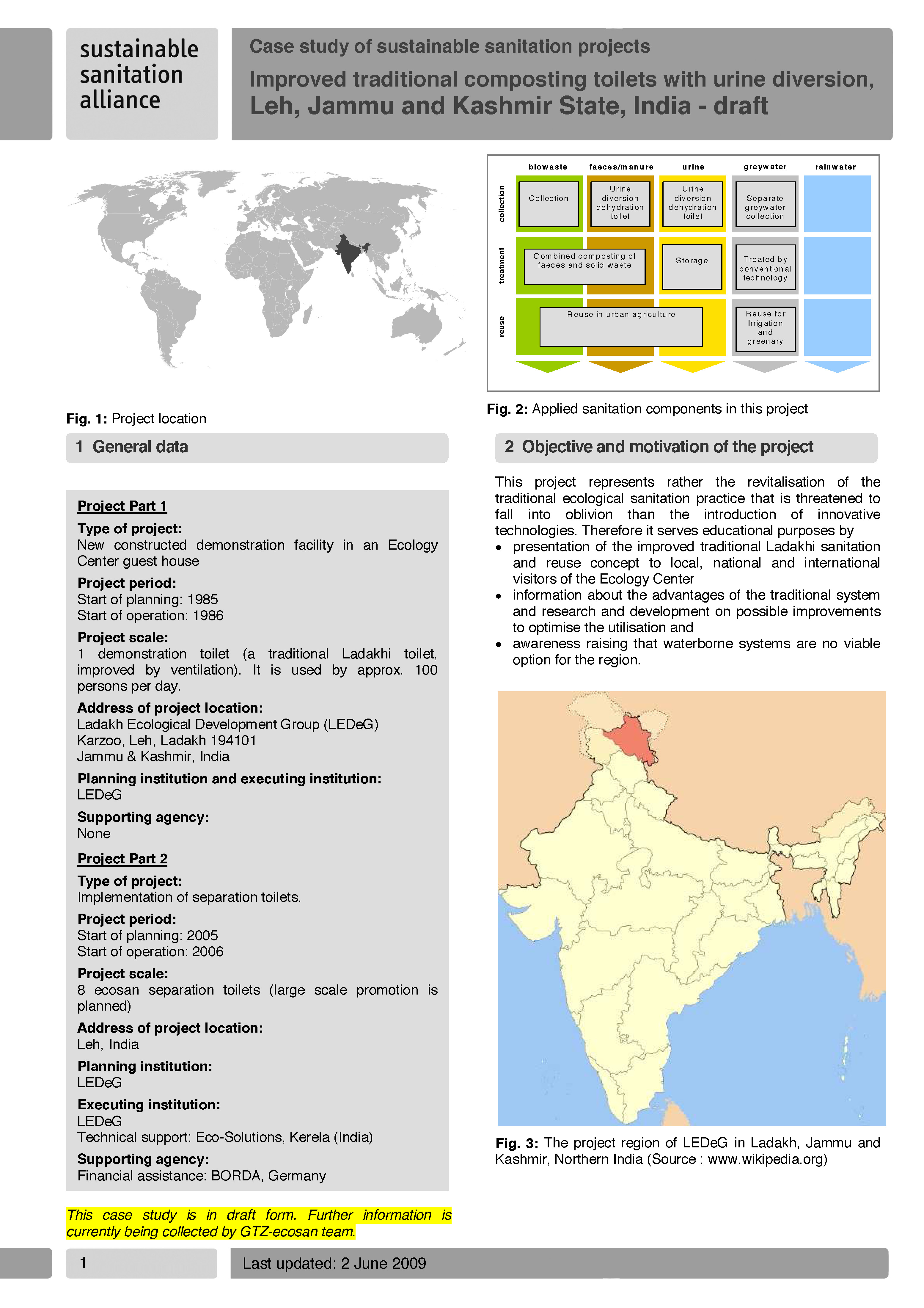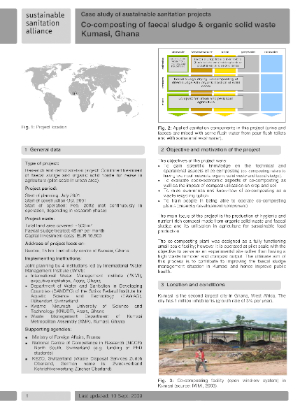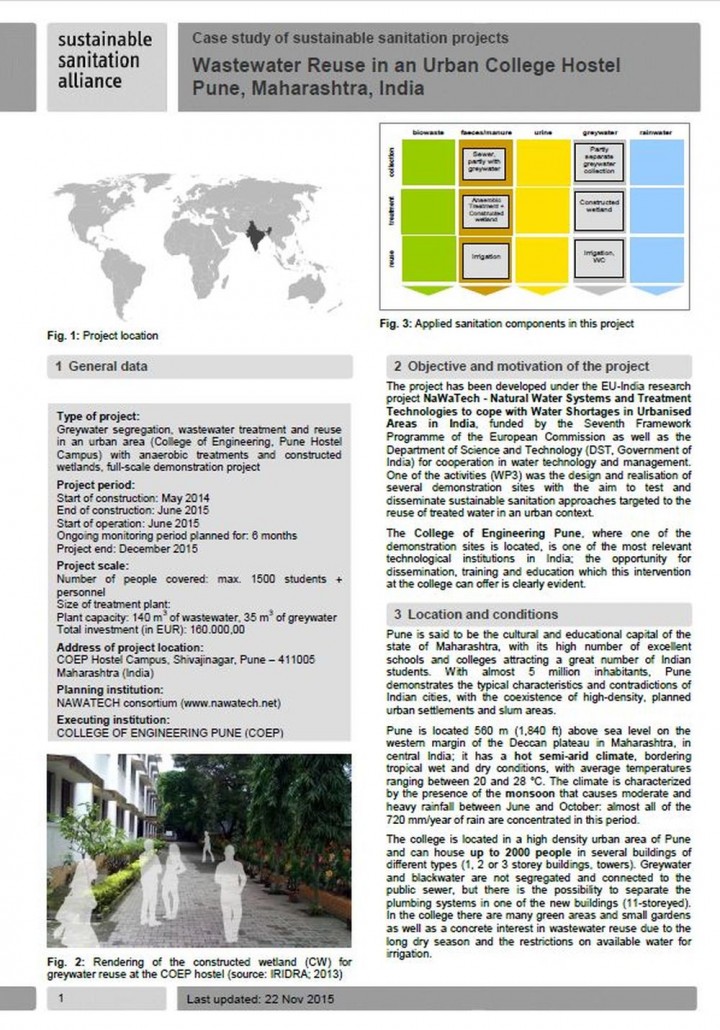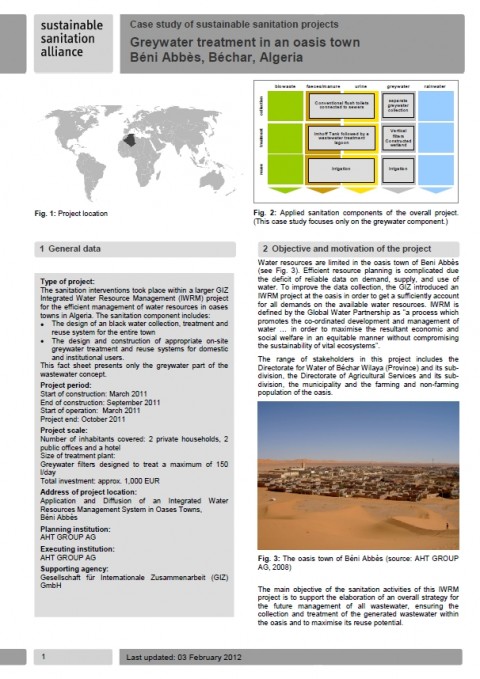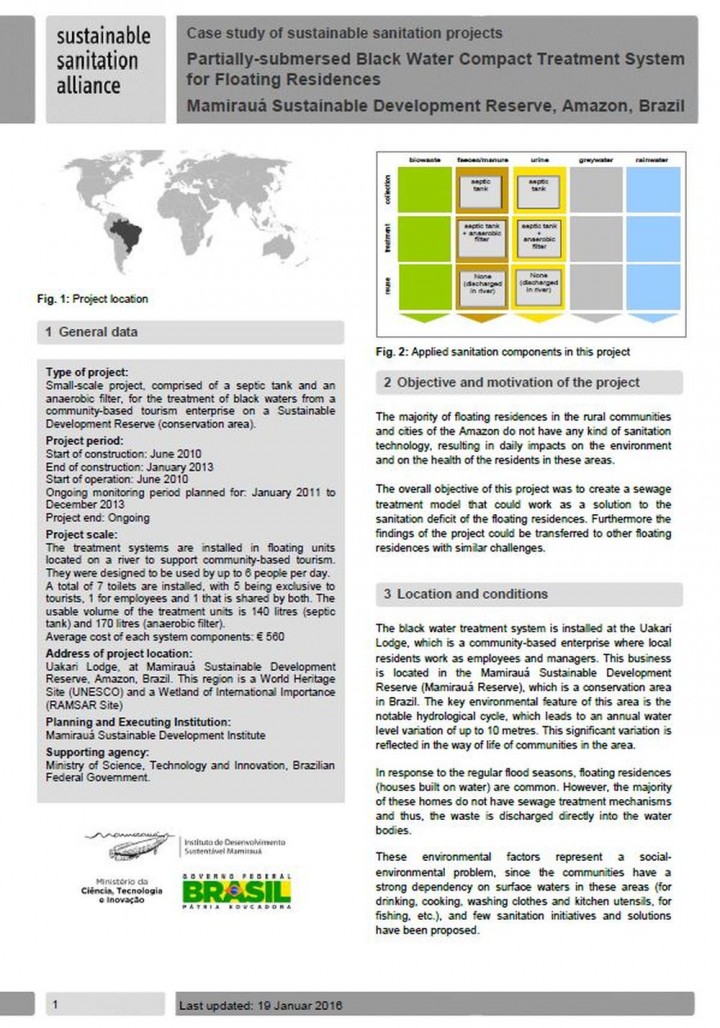Searching for information on Sanitation Workers?
The Sanitation Workers Knowledge + Learning Hub is the best source for all current news, trends, articles and updates on sanitation workers rights around the world.
El continuo crecimiento demográfico y la urbanización han dado lugar a un aumento constante de las presiones antropogénicas sobre los recursos hídricos, lo que hace que la disponibilidad de agua sea una preocupación importante a nivel internacional. El objetivo 6 de los objetivos de desarrollo sostenible de las Naciones Unidas es garantizar la disponibilidad y la gestión sostenible de los …
Dayanand Park is a multi-utility public garden spread over seven acres of land. It is the one of the well maintained parks of the Nagpur Improvement Trust (NIT), the responsible Development Authority of Nagpur. About 1,500-2,000 People use the garden daily for recreational and leisure activities, (such as yoga, laughter club, jogging) and as play area for children. The water requirements to …
This case study describes the Upscaling Basic Sanitation for the Urban Poor (UBSUP) programme, which is a country-wide up-scaling intervention aimed at providing access to basic household sanitation in urban low income areas of Kenya. UBSUP is anchored at the Water Sector Trust Fund with technical support from GIZ and funding from the Bill and Melinda Gates Foundation and the German Government …
Type de projet: Petite échelle, projet pilote en zone semi-urbaine
Période: Démarrage des constructions: Juin 2013
Fin des constructions: Mars 2014
Démarrage des activités : Janvier 2014
Fin du projet: Août 2014 (Coordination terrain de la GIZ)
Objectif et motivation du projet:
-Contribuer à une gestion améliorée des déchets solides et introduire des solutions d’assainissement …
This case study describes a combined waste management and sustainable sanitation project conducted by GIZ in Lokossa, Mono region, Benin. The project has been developed by the GIZ advisory project “Concepts for Sustainable Waste Management” in cooperation with the GIZ Water and Sanitation Programme (PEP) of Benin. Local partners include the municipality of Lokossa, the NGOs Protos, DCAM …
Based on the WSSP-Compendium developed by WECF, teachers and pupils in rural areas of Romania, North Macedonia and Albania were trained on WSSP and WASH. In Romania, a WSSP training programme for teachers was set up and accredited at state level. Also, a guideline for small communities on risk-based drinking water management was developed. The project contributed to raising awareness and …
The project has been developed under the EU-India Research project NaWaTech - Natural Water Systems and Treatment Technologies to cope with Water Shortages in Urbanised Areas in India, funded by the Seventh Framework Programme of the European Commission as well as the Department of Science and Technology (DST, Government of India) for cooperation in water technology and management. One of the …
The majority of floating residences in the rural communities and cities of the Amazon do not have any kind of sanitation technology, resulting in daily impacts on the Environment and on the health of the residents in these areas.
The overall objective of this project was to create a sewage treatment model that could work as a solution to the sanitation deficit of the floating residences. …

